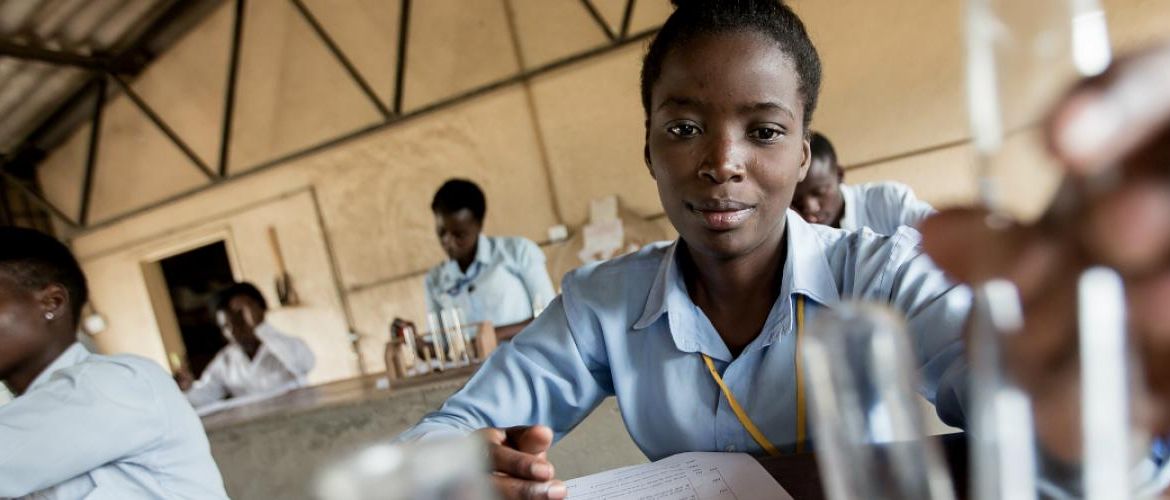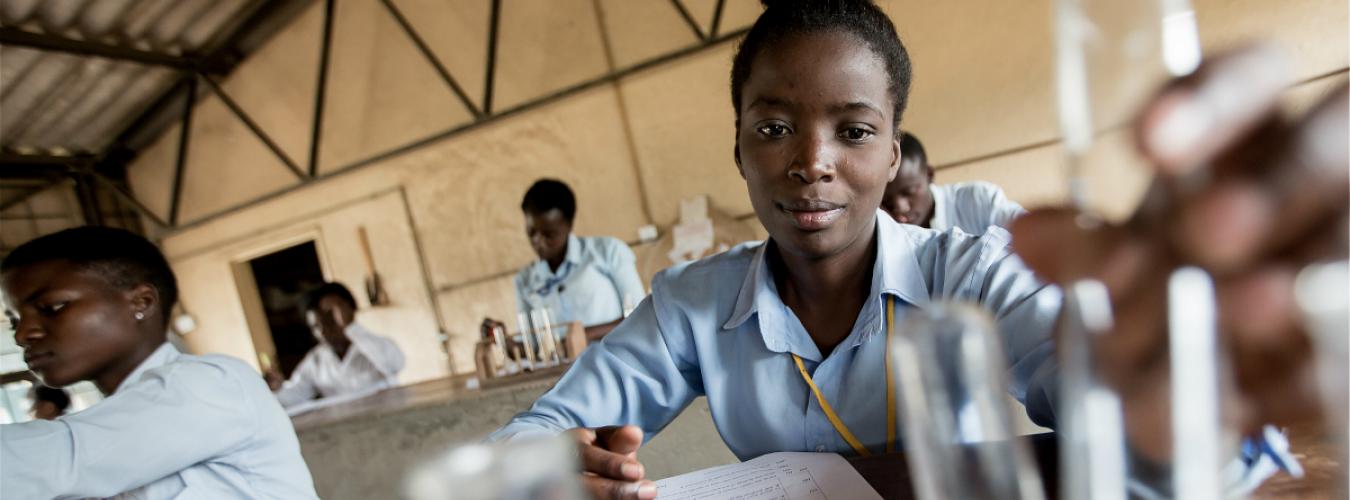
Science and gender equality are vital for the achievement of the internationally agreed development goals, including the 2030 Agenda for Sustainable Development. Over the past decades, the global community has made a lot of effort in inspiring and engaging women and girls in science. Yet women and girls continue to be excluded from participating fully in science.
A significant gender gap has persisted throughout the years at all levels of science, technology, engineering and mathematics (STEM) disciplines all over the world. Even though women have made tremendous progress towards increasing their participation in higher education, they are still under-represented in these fields.
On 22 December 2015, the General Assembly decided to establish an annual International Day to recognise the critical role women and girls play in science and technology, through Resolution A/RES/70/212.
In order to achieve full and equal access to and participation in science for women and girls, and further achieve gender equality and the empowerment of women and girls, on 11 February, the United Nations, partners worldwide, women and girls will mark the International Day of Women and Girls in Science.
Gender equality has always been a core issue for the United Nations. Gender equality and the empowerment of women and girls will make a crucial contribution not only to the economic development of the world but to progress across all the goals and targets of the 2030 Agenda for Sustainable Development, as well.
The facts:
- Women are typically given smaller research grants than their male colleagues and, while they represent 33.3% of all researchers, only 12% of members of national science academies are women.
- In cutting edge fields such as artificial intelligence, only one in five professionals (22%) is a woman.
- Despite a shortage of skills in most of the technological fields driving the Fourth Industrial Revolution, women still account for only 28% of engineering graduates and 40% of graduates in computer science and informatics.
- Female researchers tend to have shorter, less well-paid careers. Their work is underrepresented in high-profile journals and they are often passed over for promotion.
Tackling some of the greatest challenges of the Agenda for Sustainable Development — from improving health to combating climate change — will rely on harnessing all talent. That means getting more women working in these fields. Diversity in research expands the pool of talented researchers, bringing in fresh perspectives, talent and creativity. This Day is a reminder that women and girls play a critical role in science and technology communities and that their participation should be strengthened.
Join the conversation with #WomenInScience

